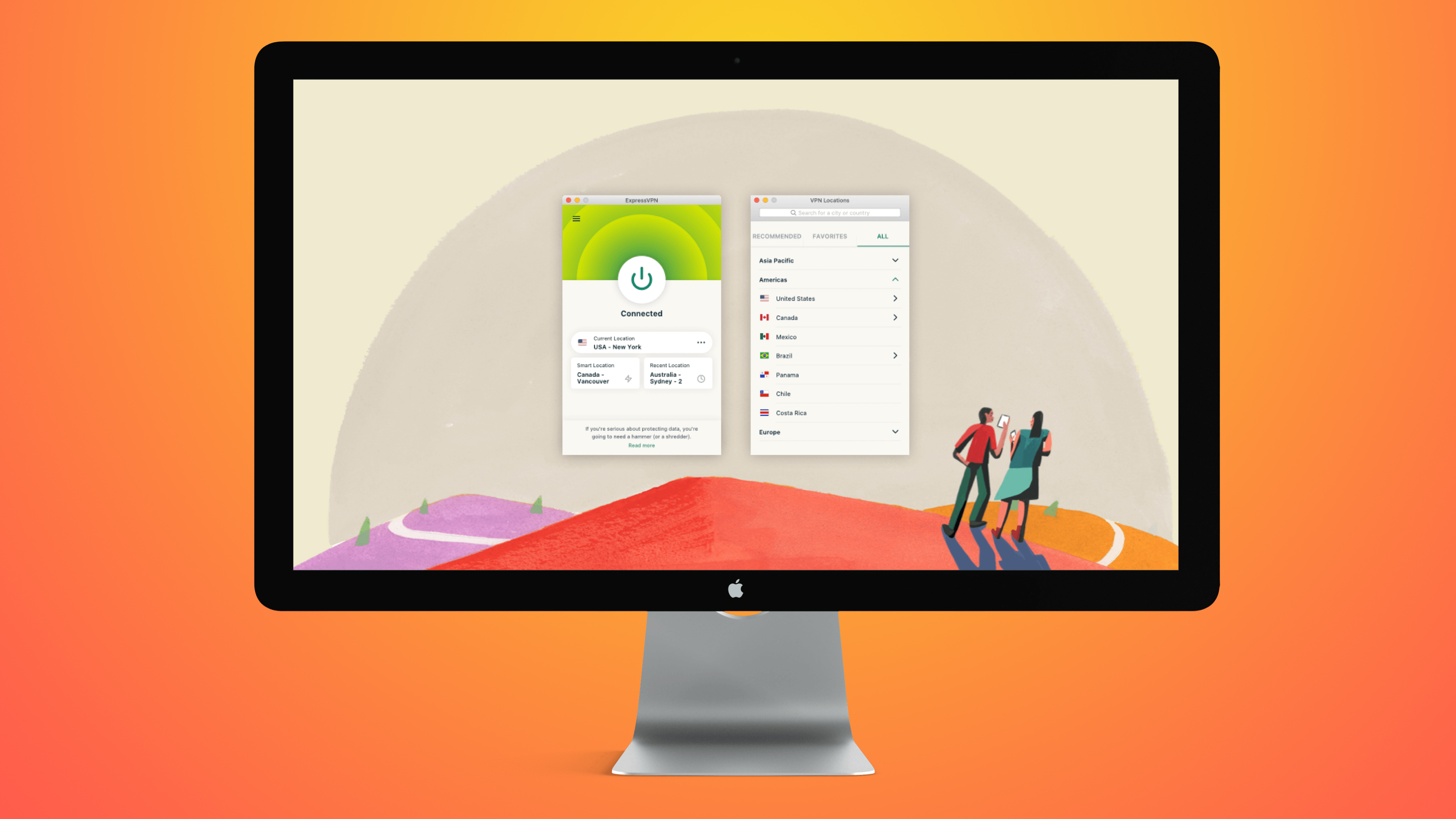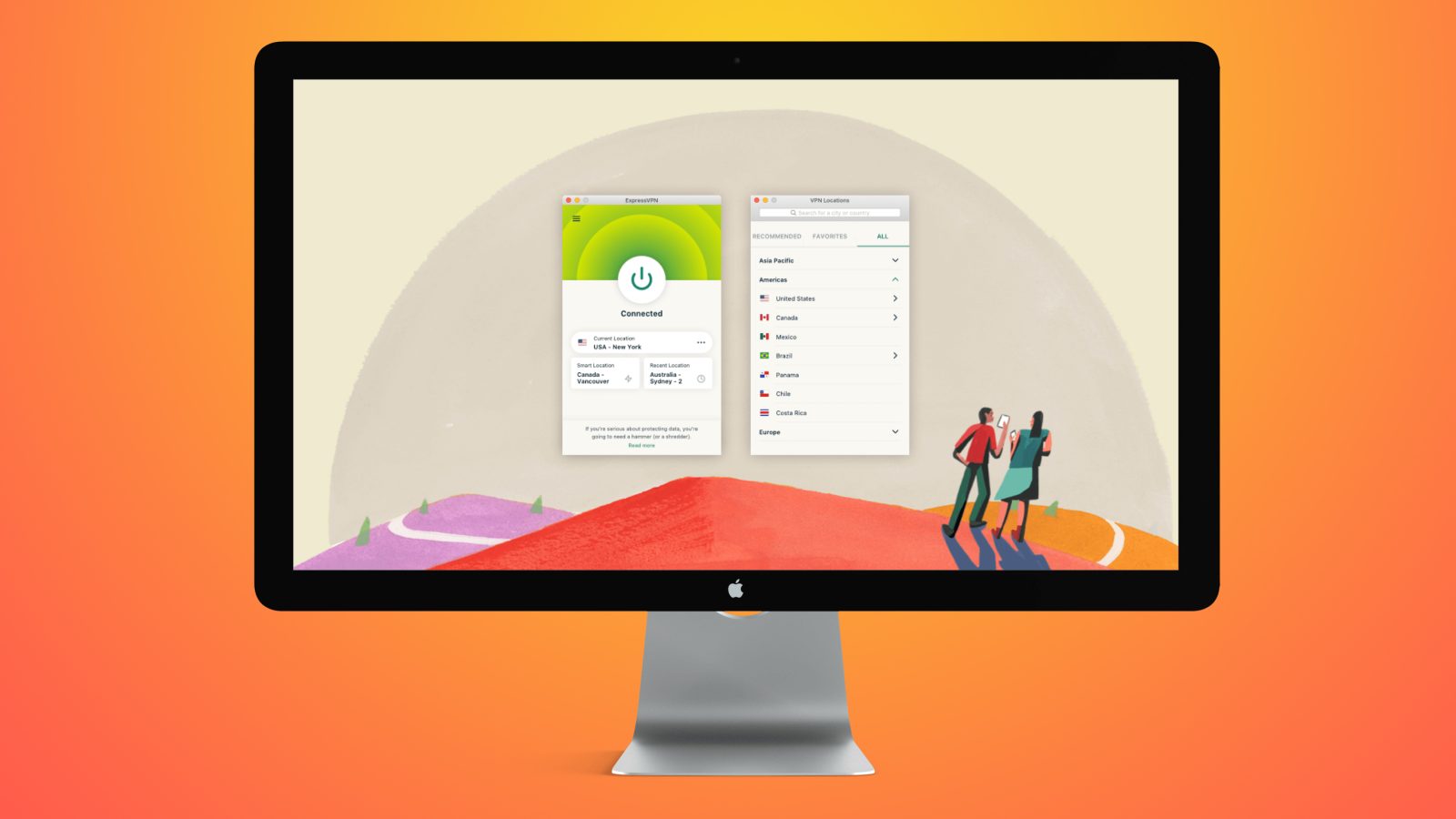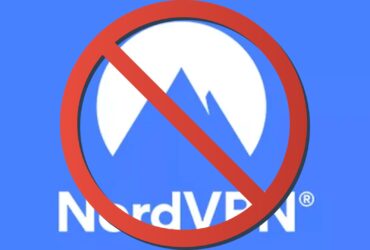
A VPN (short for Virtual Private Network) is a privacy tool that can help to protect your information when you’re browsing, streaming, or gaming online. The best VPN providers encrypt your data safely and route it through their servers, and can also change your location to access websites and content abroad like streaming services when you’re on holiday, or gaming lobbies in other countries.
VPNs are big business and have become increasingly popular as we become more aware of our security on the internet. Thankfully, as our internet privacy has eroded more and more over the years, the best VPN services have risen to challenge the invasive nature of certain algorithms and cookies. Nowadays, if you’re looking for a VPN provider, you’re almost spoiled for choice, with so many options and each of them provides a slightly different package.
If you’re struggling to figure out which VPN is best for you, you’ve come to the right place. We give ExpressVPN our highest recommendation for reasons we’ll get into below, but we’ve reviewed ten other top picks for you too, including the best cheap VPN and the best free VPN.
Why you can trust our advice ✔ At PCGamesN, our experts spend hours testing hardware and reviewing games and VPNs. We share honest, unbiased opinions to help you buy the best. Find out how we test.
Here are the best VPN services:
Here are our top three VPN providers at a glance:
How to choose the best VPN
Our list of the best VPN services was put together by trying and testing each service, comparing their features and even looking at thousands of user reviews. This is what we considered (and what you should) when choosing the best VPNs:
- Price: We know everyone is working with a different budget. While some people will want the VPN with the fastest speed, others will want a cheap VPN option. We wanted to ensure that we included affordable VPN options in this mix
- Platform compatibility: It’s important to decide what you want a VPN for, and to find a compatible provider. For example, the best VPNs use DNS access on multiple devices like your phone, laptop, gaming PC, console, and even browser with browser extensions
- Ease of use: Most of us aren’t VPN experts, and even if we are we want a provider that’s quick to use. We considered how easy it was to use each VPN provider and connect to the service
- Privacy audits: Some VPNs undergo regular third-party audits to confirm that they aren’t tracking their customers’ data and are acting responsibly. An audit will help you to make an informed decision and it’s worth looking at when a VPN provider last had a security audit and how comprehensive that audit was. Did it cover the provider’s mobile apps, extensions, and infrastructure?
- Server quality: VPN providers often quote a huge number of servers in their specs, but it’s about the quality of those servers as well as quantity. You’ll get a good VPN experience through the combination of software, hardware, and other factors. Generally speaking, though, the more countries a VPN has servers in, the better, especially if you’re someone who needs to connect through specific regions
- Server speeds: If the average download speed through a VPN’s servers is low enough, your experience on the internet experience may be significantly hindered
Find out more about how we test VPNs and hardware at PCGamesN. If you have any outstanding questions, check out the FAQs below:
Do VPN server totals matter?
Yes, they do, though they are just one of many factors to consider when deciding on a provider. Having lots of individual servers means that there’s a smaller risk of server congestion, which is slowdown caused by too many customers using the same server. Meanwhile, the more server locations a VPN has, the more countries you can connect through, which will always be useful for people who need to connect via certain regions for whatever reason.
Is it illegal to use a VPN for Netflix?
No, it isn’t. It is against Netflix’s terms and conditions, but it’s not something that it has been known to enforce. Of course, that doesn’t mean that they won’t ever get strict on it in the future (look at account sharing), but for the time being, there aren’t any really serious consequences to using it in that way.
Can the police track a VPN?
While a VPN stops the police from being able to track your online activity in real time, they can still contact your provider and ask for records of your activities to be turned over, if they believe that you have been doing something illegal. Of course, if a provider has a strict no-logs policy in place, then there may be no chance of them accessing your records. We do not condone the use of a VPN to illegally access exploitive or harmful content, and if that’s what you’re doing, we hope you get caught.
How much does a VPN cost?
Prices vary enormously. You might be paying the equivalent of about $6 (£5) per month, or you might get something that works out as low as $1 (£0.80), though keep in mind that when we talk about the monthly costs (as the providers themselves do) it’s to offer a handy point of comparison. You don’t pay monthly, rather, you pay for the whole duration of the plan (usually one to five years), with it auto-renewing after the plan is over.
Is a VPN safer than home Wi-Fi?
Yes. While the benefit of using one is much larger if you’re on public Wi-Fi, they’re still important for protecting your privacy when browsing the internet at home. Your ISP records everything that you do online, including private interests, medical matters, and more. If that makes you uncomfortable, a VPN can ensure that your private information doesn’t fall into the hands of a huge corporation.
We’re confident that at least one of these options will cater to the needs of any of our readers. While we would recommend ExpressVPN as the best VPN provider, we recognize that not everybody has the same circumstances, which is why we created this list. By carefully weighing up the pros and cons of each service, we were able to identify what we perceived as the unique strengths of each service, and then put this list together.












Leave a Reply